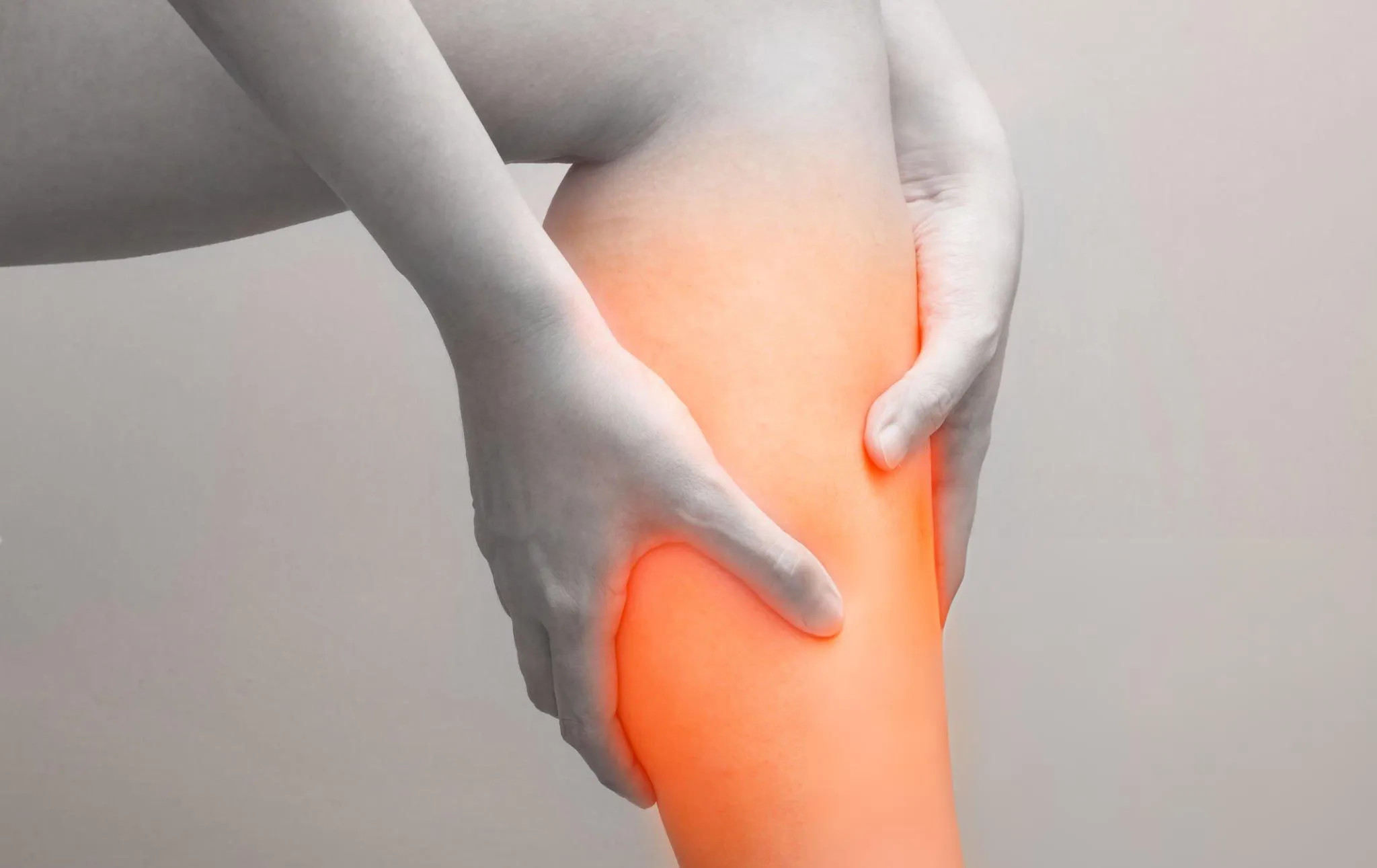Although you are not in a chilly environment, it is typical to have cold hands. It is important to address cold hands since they are a typical sign of your body trying to regulate its temperature and should be treated as such. Many people experience numbness and tingling in their hands regularly. While working outside in the cold or inside in a climate-controlled setting, hands can get temporarily frozen.
Having consistently chilly hands, particularly when they are accompanied by changes in skin color, may suggest nerve injury, blood flow issues, or tissue damage in the hands or fingertips. Changes in the color of your skin, for example, may be a warning sign of frostbite if you are standing outdoors in freezing weather with numb hands and your skin is changing color.
If you have cold hands, keep an eye out for the following signs and symptoms:
- cold feet or toes
- hands may appear blue or white
- Numbness and tingling
- opened blisters or sores
- Skin tightening or hardening
Cold hands and feet are also linked with anxiety. The body would direct blood to the most vital organs the heart and major muscles to guarantee their survival in case of emergency or anxiety. To protect the important organs, blood is drawn away from the extremities, causing numbness and tingling in the hands, feet, fingers, and toes. Thereby causing the hands to be cold.
Cold Hands Causes:
Chilly hands may be caused by a variety of reasons, including being in a freezing room or other cold environment, among other things. A frequent occurrence is the development of cold hands, which signals that your body is trying to control its internal temperature. On the other hand, if you have a problem with your blood circulation or the blood vessels in your fingers and hands, this may cause cold hands.
If you have hands while it is warm or mild outdoors, or if your hands take an abnormally long time to warm up after being exposed to cold, you may have a disease or condition that is causing inadequate blood flow to your hands. The ulnar and radial arteries are blood channels that transport oxygen-rich blood from the heart to the fingers and hands. When exposed to cold temperatures, the muscles around these arteries tighten, causing the arteries to constrict. This is a natural reaction that enables the body to save heat while also protecting critical organs like the heart and lungs from damage or sickness.
Unexpected blood vessel constrictions may occur even when there is no obvious cause for them to do so. Vasospasm, or constriction of the blood vessels, produces cold dead hands in cold weather. The skin of the fingers and hands may change color, from pink to blue or even white, depending on the circumstances. When your hands are touched during the period when blood flow is restored, they may appear red and warm. Vasospasms that occur often or over an extended time may cause skin ulceration and tissue damage.
If your red blood cells are not as healthy and functioning as they should be, anemia may develop. The body does not have enough iron to meet its needs. Anemia may occur when your red blood cells do not have enough hemoglobin (an iron-rich protein) to carry oxygen from your lungs to the rest of your body. This is caused by an iron deficit in your diet. If you have this disease, your fingers and toes may get chilly as a result. Thus, iron deficiency is considered as a cause of hands that are always cold.
When to See a Doctor
Make an appointment with your doctor if you are worried about the fact that your hands and feet are always chilly. Your doctor will be able to determine if your chilly hands are caused by an issue with blood flow or a problem with nerves. The ultimate aim of therapy is to determine what is causing your chilly hands and feet in the first place. Depending on the severity of your illness, your doctor may recommend that you make adjustments to your lifestyle to assist relieve your symptoms.
If your hands and feet are consistently chilly, regardless of the weather or the temperature of the place in which you are seated, see your doctor. You may have an undiagnosed illness or condition that needs medical attention. Your doctor will recommend lifestyle modifications to help you manage your symptoms based on the severity of your illness.















Leave a Reply